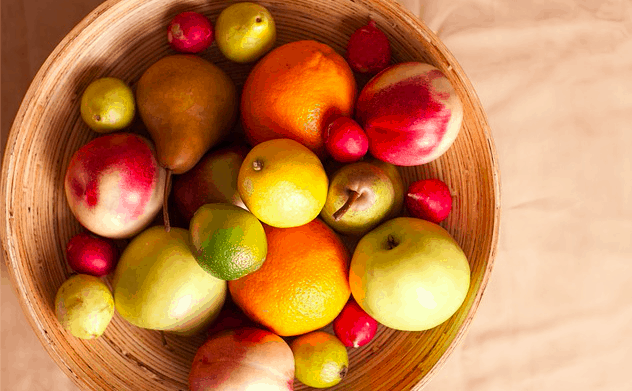A protein called PARIS is known as a key factor in driving Parkinson’s disease because it slows the production of another protein that normally shields dopamine-producing neurons. Now researchers at Johns Hopkins Medicine have fresh evidence that a compound found in fruit deactivates PARIS. Their findings could inform the development of novel Parkinson’s disease drug candidates, the researchers said.
The compound, farnesol, a natural component of herbs and fruits that is used in perfumes and flavorings, blocked PARIS and prevented the loss of dopamine-producing neurons in mouse models of Parkinson’s, the researchers reported in the journal Science Translational Medicine.
Ted Dawson, M.D., Ph.D., director of the university’s Institute for Cell Engineering, explained in an interview that the researchers started by looking for compounds that stimulate another protein, PGC-1alpha, which protects dopamine-producing neurons. “We knew that that’s how PARIS exerted its toxicity—through inhibiting PGC-1alpha,” said Dawson, who is a scientific co-founder and adviser to Neuraly, a startup with Parkinson’s and Alzheimer’s drug candidates in the clinic. The team identified multiple compounds and decided to zero in on farnesol.
They then fed some mice a diet that contained farnesol and compared them to mice who were fed a regular diet for one week. The researchers then administered alpha-synuclein, a protein associated with Parkinson’s effects in the brain, to the mice. Dawson was part of a Johns Hopkins team that previously discovered alpha-synuclein can travel from the gut to the brain.
The mice that had consumed farnesol were better at strength and coordination tests aimed at assessing Parkinson’s symptoms, and they had twice as many healthy dopamine neurons as did the animals that consumed a regular diet. The farnesol-fed mice expressed about 55% more PGC-1alpha, the researchers reported.
The team discovered that farnesol attaches to PARIS and changes its shape in a way that prevents it from interfering with PGC-1alpha.
Dawson said the positive effects of farnesol are no surprise. But the amount of farnesol that humans get through their diets is unclear, and safe doses have not yet been determined. He and his team hope their insights from the study will inspire efforts to develop drugs that inhibit PARIS.
In fact, said Dawson, he has reached out to Neuraly and its parent company D&D Pharmatech. “We’ve been having preliminary discussions with them about whether they would be interested in doing a campaign for PARIS inhibitors,” Dawson said.

